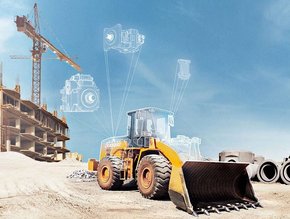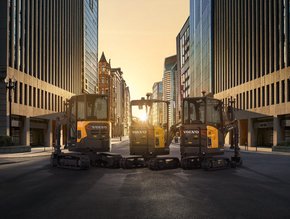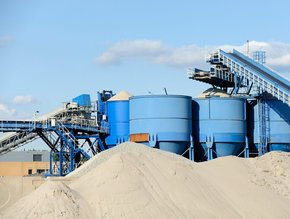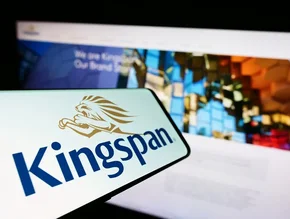Autonomous Construction Equipment IP and liability issues
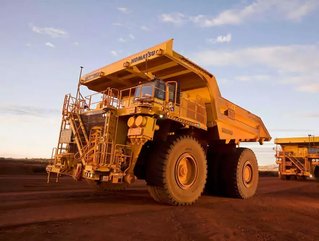
Autonomous construction vehicles (ACV) can offer significant benefits in terms of safety and efficiency compared with conventional construction vehicles. There are certain intellectual property and liability issues, however, which those who develop, purchase, or lease ACVs must carefully consider.
Intellectual Property
An ACV includes components, such as its mobile platform, articulating components, sensors, communications, and AI processors which enable mobility and functionality. These components and their integration raise a variety of intellectual property considerations.
Technology Protection
The technology for use in ACVs is often developed by a plurality of different developers for separate aspects of the ACV. Protection for these inventions is often obtained through patent or trade secret protection. Patent applications can be filed in various jurisdictions to help prevent others from practicing the inventions. Inventions that are not capable of deduction from a product can be protected by keeping it secret. Steps need to be taken by the developer to protect the secret, which is lost when discovered or redeveloped by others.
Ownership
A purchaser of an ACV should carefully review the purchase agreement. Although ownership of the hardware may transfer, the purchaser may license the software - the ownership of which remains with the manufacturer. Although this provides for continuous upkeep and maintenance of the ACV software, it also may result in the purchaser’s inability - without the active involvement of the manufacturer of the ACV - to modify, diagnose, or repair an ACV.
Data Ownership
ACVs often collect and store large amounts of data which is used for analysis, evaluation, and training purposes. This data may be valuable to both the purchaser and the manufacturer. Ownership of the data is not often well defined but can be controlled by contractual arrangements between the manufacturer and the ACV owner.
Minimising Liability
Since ACVs are relatively new, there is still uncertainty about who should be responsible if something goes wrong. For example, if a bystander is injured by an ACV, who is at fault? The vehicle operator, the manufacturer, the software developer - or some combination? What if a data breach jeopardises safety or sensitive personal and business information? The answers to these questions are not yet clear. The good news, though, is that parties can create greater certainty and legal protection by following a few practical strategies.
Obtaining appropriate insurance
Consult with your insurance broker and/or insurance coverage counsel to identify insurance that will protect both your company and its officers and directors against personal injury, product liability, data breach, and commercial risk.
Carefully drafting contracts to provide liability protections
Ask legal counsel to draft contracts (or revise existing contracts) to provide protection against the specific risks associated with ACVs. Carefully drafted indemnification provisions, warranties and disclaimers of warranties, and limitations of liability can provide significant legal protections. Also, talk with your legal counsel about the benefits of using separately negotiated contracts as opposed to standard terms and conditions. Separately negotiated contracts are more likely to be enforceable.
Properly vetting and training employees who will operate ACVs
As construction equipment becomes more automated, the need for human operation of the vehicles will be reduced. Operators should still remain alert, however, and also be prepared to override autonomous features to prevent any damage or injury.
Gary Edwards and Michelle Jacobs are partners at Haynes and Boone, which is an international corporate law firm with offices in Texas, New York, California, Charlotte, Chicago, Denver, Washington DC, London, Mexico City and Shanghai, providing a full spectrum of legal services.


